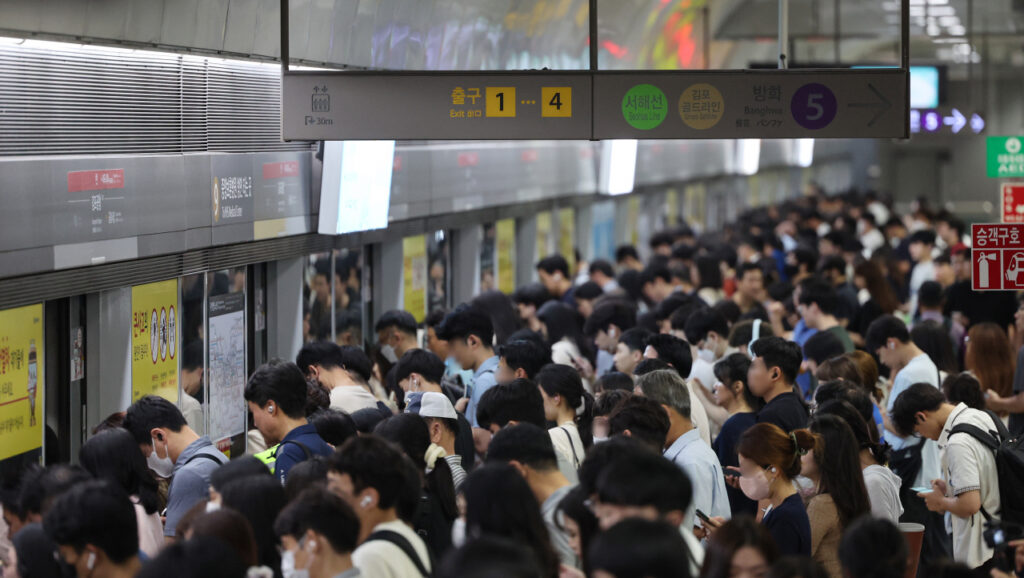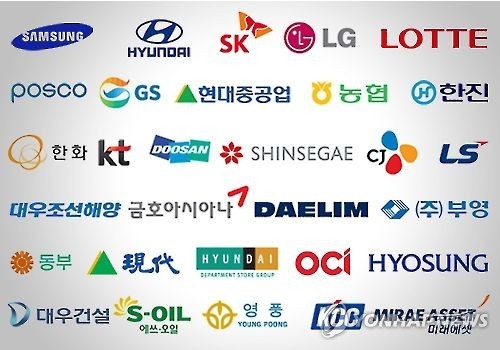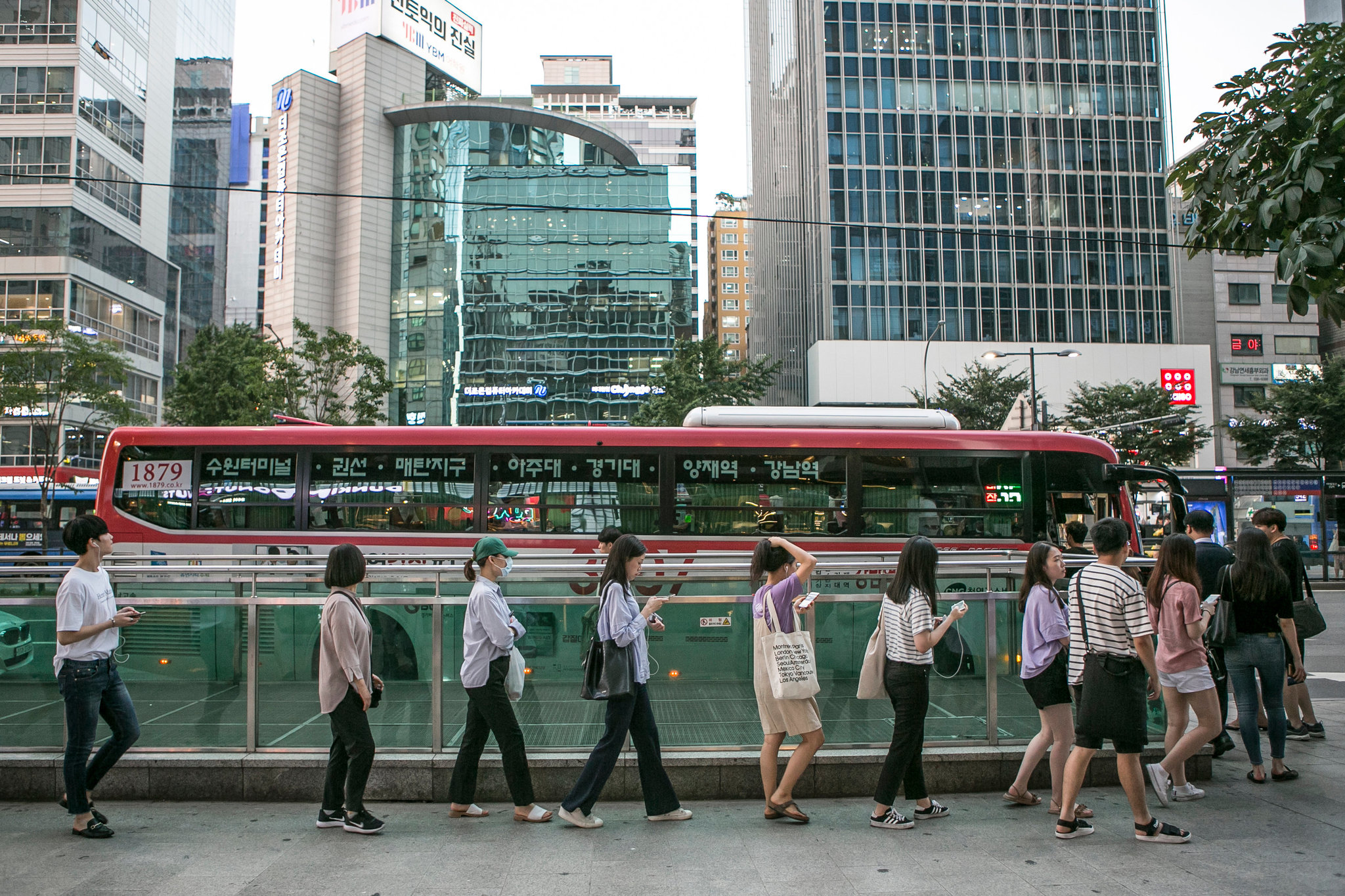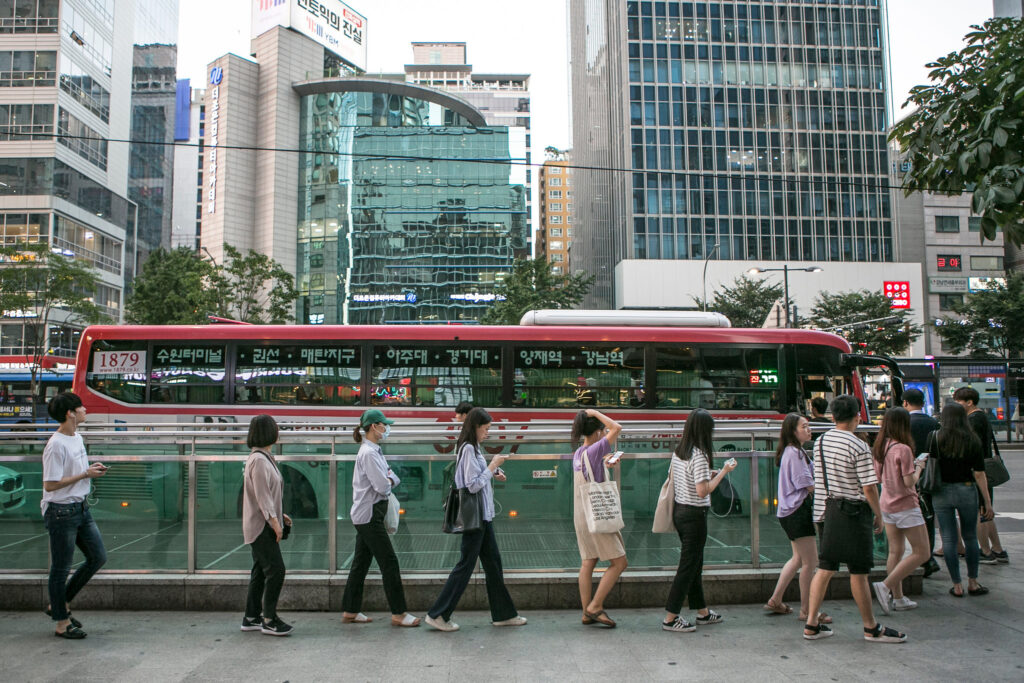South Korean companies, declaring a ‘crisis,’ are ordering managers to put in extra hours.
Seoul – “Back in the day,” said Lim Hyung-kyu, a retired Samsung Electronics executive in his 70s, “my weeks were Monday, Tuesday, Wednesday, Thursday, Friday, Friday, Friday.” Lim, who joined Samsung in 1976 and rose to become chief technology officer, described working weekends as routine and legal under past labor laws. “I didn’t mind,” he said. “It was fun for me.”

However, times have changed. South Korea’s current labor laws restrict work to 52 hours per week—40 regular hours plus up to 12 hours of overtime—and generally consider weekends as time off. Younger employees are now more focused on work-life balance compared to previous generations.
Recently, some major South Korean companies have begun requiring executives to work longer hours, including weekends. This shift is seen as a response to recent economic challenges, with companies citing a temporary crisis or emergency. Kim Seol of the Youth Community Union notes that this signals a potential return to a six-day workweek, a notion still present in South Korean business culture.
South Korea faces intense pressure on workers, particularly younger ones, due to a shrinking, aging population and low fertility rates. Economic pressures, such as high housing, child care, and education costs, have discouraged childbearing, contributing to the demographic crisis.

The five-day workweek, introduced in 2004, is relatively recent. The 52-hour workweek limit, implemented in 2018, reduced from 68 hours per week. Historically, South Korean workers, particularly during the post-war growth period, were expected to work six days a week. Lim recalls that helping the company grow was seen as contributing to national development.
Samsung, like other South Korean giants, has evolved from a small vegetable and fish shop in the late 1930s to a global leader in technology. Recently, some companies have demanded longer hours from their executives due to economic downturns. For instance, HD Hyundai Oilbank has had executives working weekends to address business sluggishness, while SK On has frozen salaries and adjusted work hours in response to financial challenges.
Samsung stated that while working weekends is not company policy, executives may choose to do so based on their needs. Labor groups criticize these “crisis” measures as outdated. Lee Sang-yoon from the Federation of Korean Trade Unions argues that the belief that longer hours lead to better outcomes is obsolete.

Though weekend work is directed at executives, other employees may feel compelled to follow suit. Kim notes that large companies often set the tone for the country’s business culture, affecting lower-tier employees.
South Korea’s workers log some of the longest hours among advanced economies, with annual work hours significantly higher than those of American workers. Eun Sung, a consultant in Seoul, often works six days a week, sacrificing personal time and health. She might consider relocating for a better work-life balance.
Some companies might circumvent labor laws by incorporating overtime into fixed salaries or by not tracking all work hours. The reduction in working hours over the years reflects South Korea’s development and shifting focus on personal life.
President Yoon Suk-yeol’s proposal to raise the workweek cap to 69 hours faced public backlash and was withdrawn. Meanwhile, some politicians have advocated for a four-day workweek, and a government committee has been established to explore flexible working practices. “Times are changing,” says Professor Joon Han from Yonsei University. “Young people don’t want to be slaves to their companies anymore.”












Leave a Reply